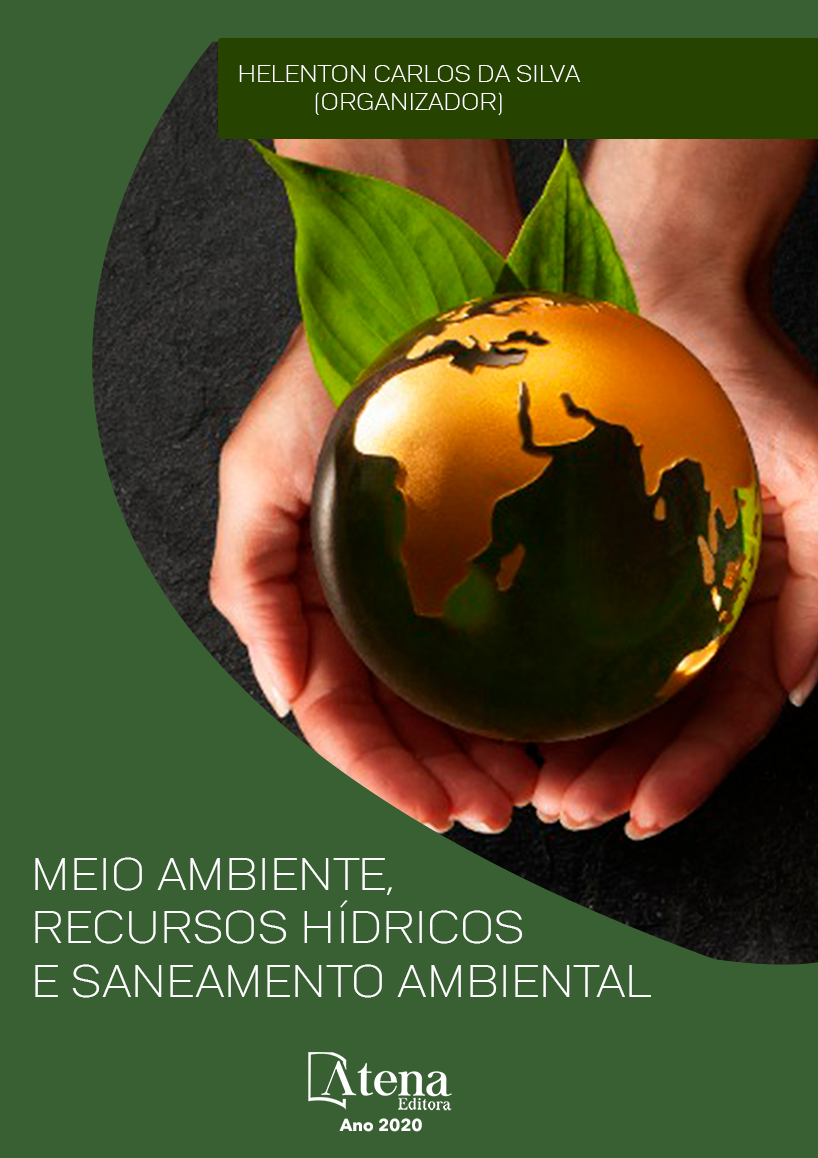
ANÁLISE DO GERENCIAMENTO DOS RESÍDUOS SÓLIDOS NAS UNIDADES DE UMA REDE SUPERMERCADISTA NA REGIÃO METROPOLITANA DE BELÉM – PA)
Este artigo tem como objetivo avaliar a gestão de resíduos sólidos de unidades distintas de uma rede de supermercados localizados na cidade de Belém-PA. Para a realização do trabalho foram visitadas três unidades da Rede, situdas nos seguintes locais, unidade 1 (Augusto Montenegro), unidade 2 (Umarizal) e unidade 3 (Duque), nelas foram aplicados questionários acerca da gestão de resíduos; além da realizadas observações sobre a presença de lixeiras comuns e lixeiras recicláveis, coleta de resíduos gerados, de pilhas, baterias, e assim comparadas utilizando critérios como localização, tempo de funcionamento e condições do estabelecimento. Com os dados avaliados, foram verificados que as unidades possuem pontos onde se localizam coleta seletiva estando em boas condições, mas que alguns critérios não foram respondidos pelos funcionários por falta do conhecimento sobre. As redes separam seus resíduos e os armazenam para a destinação final, a qual é feita por empresas terceirizadas, porém a gestão de resíduos orgânicos, pilhas e óleos ainda precisam ser aprimorados. A rede entendeu que investimentos que visam reduzir impactos ambientais, como a boa gestão de resíduos sólidos gera lucros e benefícios a empresa, o que a deixa de acordo com a lei e boa imagem, mesmo havendo pontas que possam ser melhoradas.
ANÁLISE DO GERENCIAMENTO DOS RESÍDUOS SÓLIDOS NAS UNIDADES DE UMA REDE SUPERMERCADISTA NA REGIÃO METROPOLITANA DE BELÉM – PA)
-
DOI: 10.22533/at.ed.4612012039
-
Palavras-chave: Resíduos Sólidos. Rede de Supermercados. Gestão. Coleta. Unidades.
-
Keywords: 13
-
Abstract:
This article aims to evaluate the solid waste management of different units of a supermarket network located in the city of Belém-PA. Three units of the network were visited to carry out the work. They were held in the following locations, unit 1 (Augusto Montenegro), unit 2 (Umarizal) and unit 3 (Duque). Questionnaires about waste management were applied; In addition, observations were made on the presence of common and recyclable bins, collection of waste generated, batteries, and thus compared using criteria such as location, operating time and conditions of the establishment. With the evaluated data, it was verified that the units have points where selective collection is located being in good condition, but that some criteria were not answered by the employees for lack of knowledge about. The networks separate their waste and store it for final disposal, which is done by outsourced companies, but the management of organic waste, batteries and oils still needs to be improved. The network understood that investments aimed at reducing environmental impacts, such as good solid waste management generates profits and benefits to the company, which makes it in accordance with the law and good image, even though there are points that can be improved.
-
Número de páginas: 13
- Yan Torres Dos Santos Pereira
- Douglas Matheus das Neves Santos
- Danilo Mercês Freitas
- Danúbia Leão de Freitas


